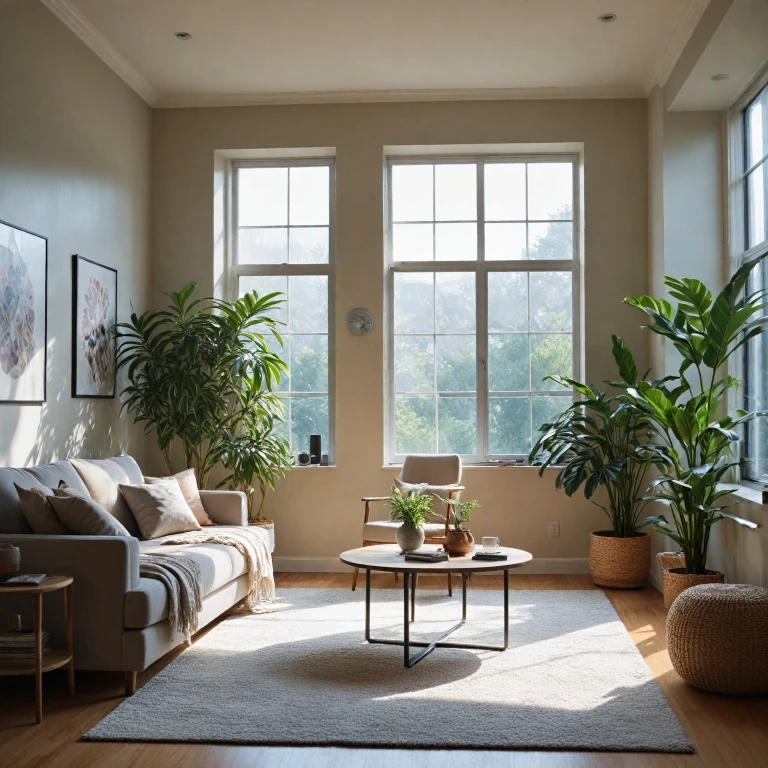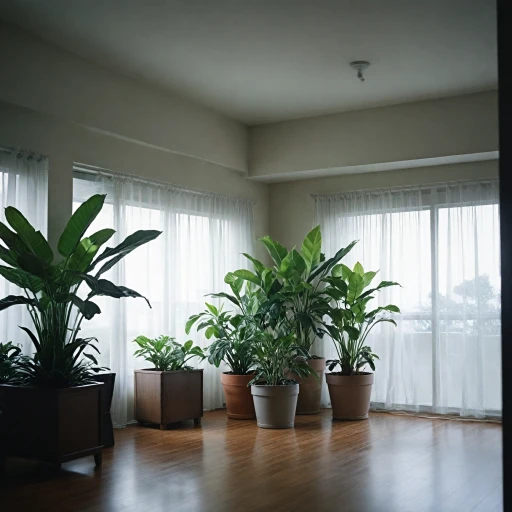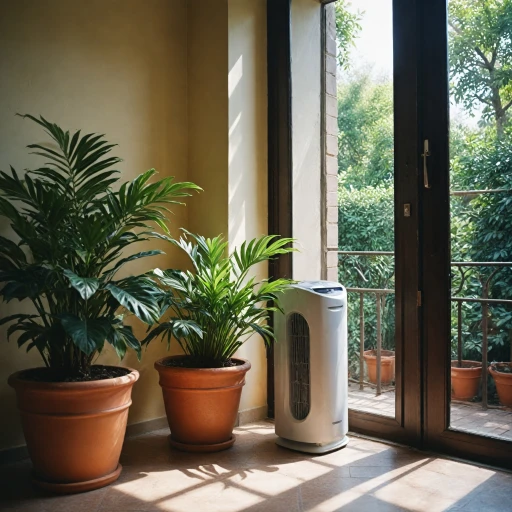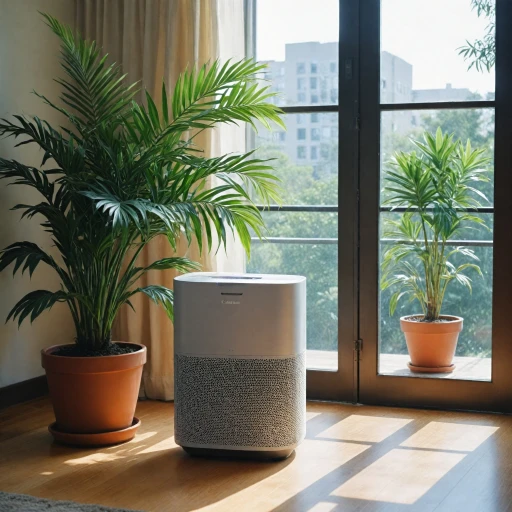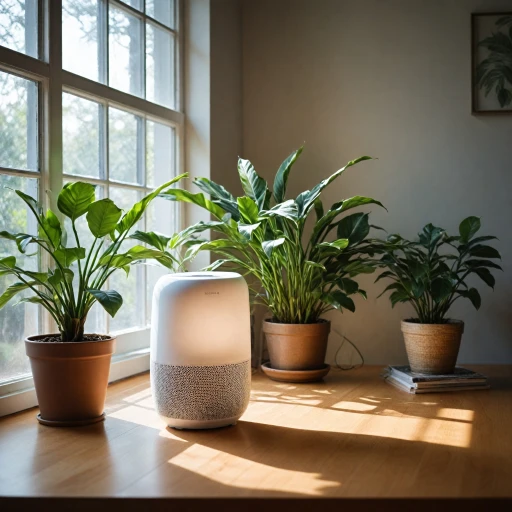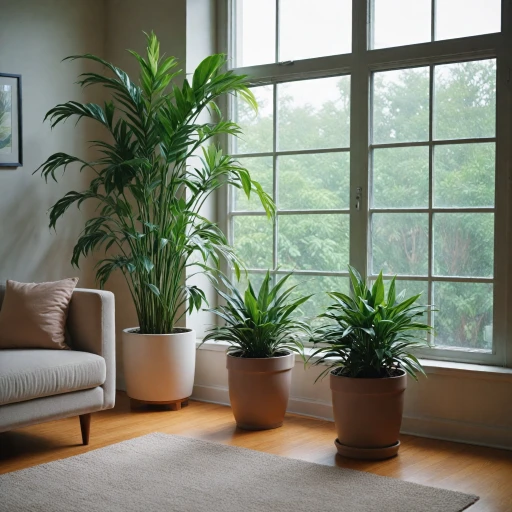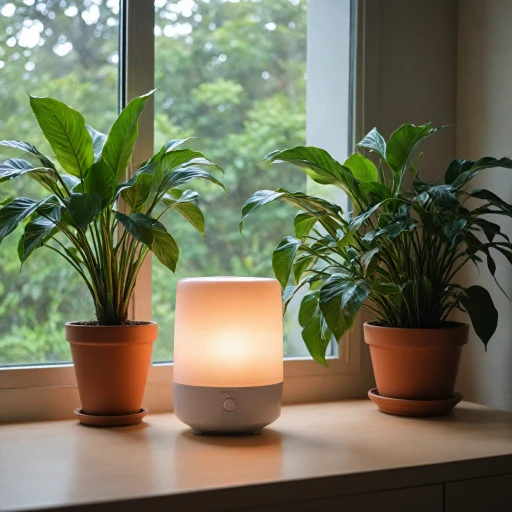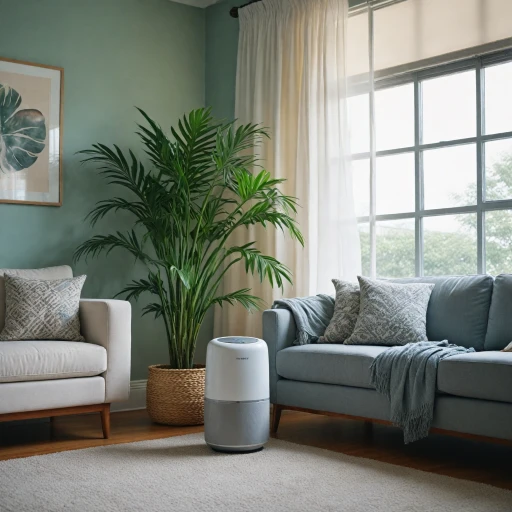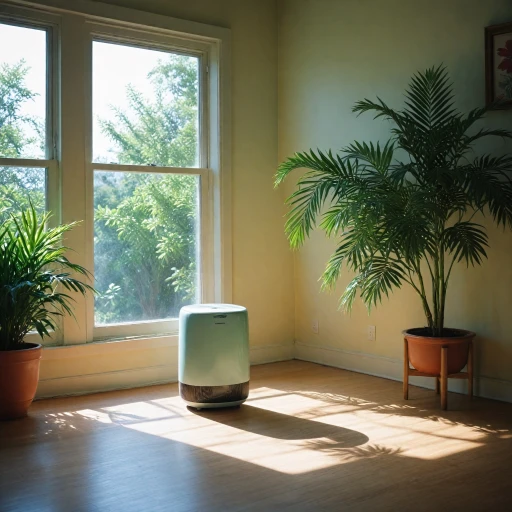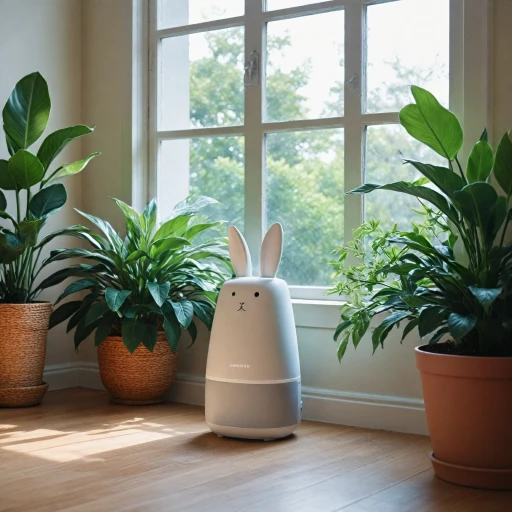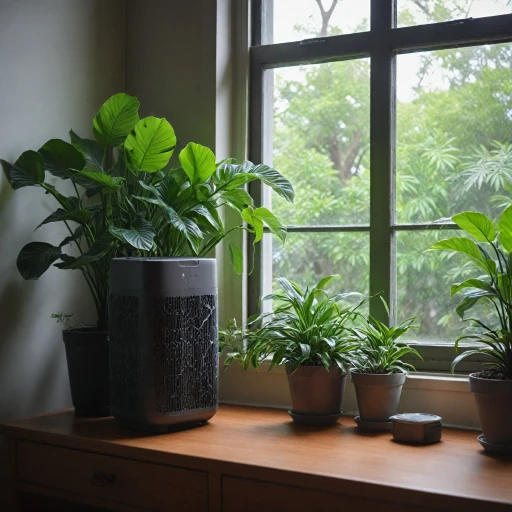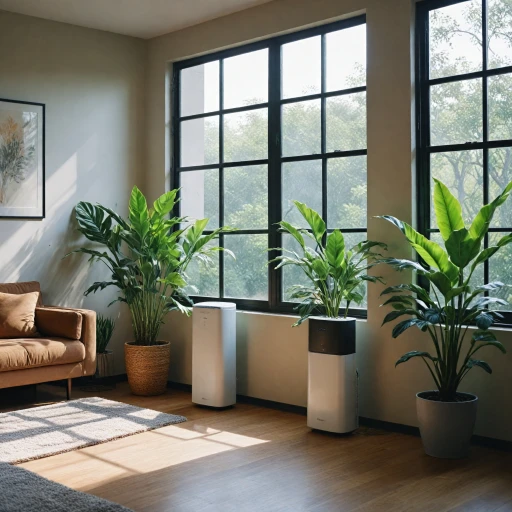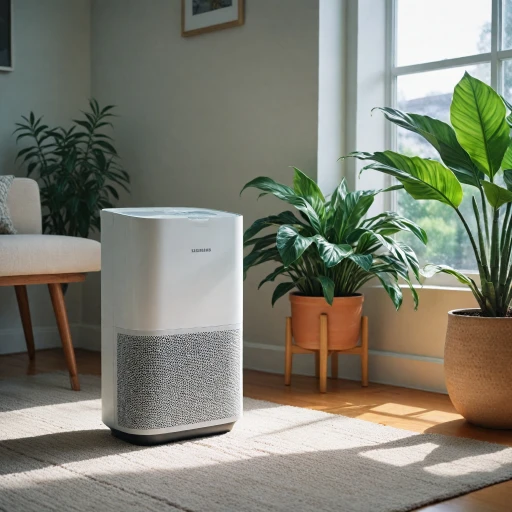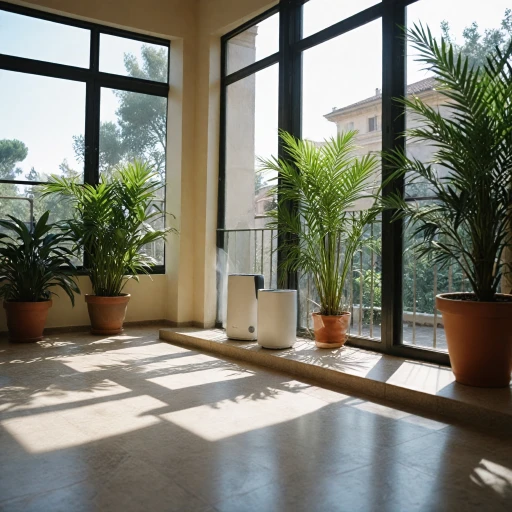
Understanding HEPA Filters in AC Units
The Role of HEPA Filters in Creating a Healthier Home
High-efficiency particulate air (HEPA) filters are renowned for their efficiency in trapping airborne particles, making them a crucial component in improving indoor air quality. When integrated into air conditioning units, these filters enhance air purification by capturing up to 99.97% of particles that are as small as 0.3 microns. This includes common pollutants like dust, pollen, pet dander, and even some bacteria and viruses, thus significantly contributing to cleaner air indoors.
Notably, HEPA-equipped air conditioning units do more than just cool the air. They serve as an effective air purifier system by incorporating multiple stages of filtration and quality control. Some units even integrate activated carbon filters to tackle odors and volatile organic compounds, which can further enhance air purification efficiency by improving indoor air quality.
When considering air conditioning systems with HEPA filters, it's essential to understand the distinction between different types of air filters and their applications. While standard air conditioners might only have basic mesh or foam filters, HEPA filters offer a more advanced filtration solution, contributing to overall improved air quality and a healthier living environment.
The introduction of portable air conditioners with HEPA filtration systems provides a convenient and versatile option for individuals who need clean air in different parts of their home without the permanent installation of traditional HVAC systems. With the added convenience of features like remote control and adjustable BTU settings, these units make air purification a practical consideration for all home setups.
Benefits of Using AC Units with HEPA Filters
Why HEPA Filters are Essential for AC Units
Air conditioning systems that incorporate HEPA filters offer significant advantages in terms of indoor air quality and overall filtration efficiency. These specialized filters are designed to capture particles as small as 0.3 microns, ensuring that contaminants such as dust, pollen, and even some bacteria are effectively removed from the air.
Enhanced Air Quality for Allergy Relief
For individuals suffering from allergies, HVAC systems with HEPA filters can provide substantial relief by filtering out common allergens. This enhanced level of air filtration minimizes the chances of allergic reactions and leads to cleaner air throughout the entire house.
Beyond Allergens: Purifying the Air
Aside from addressing allergies, these systems not only improve air quality but also contribute to the overall health of occupants. With the addition of activated carbon in some portable air units, odors and volatile organic compounds (VOCs) can also be reduced, making these systems ideal for maintaining a fresh indoor environment.
Cooling and Clean Air: A Perfect Match
One of the key benefits of an air conditioner equipped with a HEPA filter is the combination of cooling capabilities and air purification. As the air conditioner cools the room, the HEPA filter works diligently to provide clean air, ensuring a comfortable and healthy indoor space.
For those interested in learning more about air purification methods, consider exploring the benefits of specialized air purifiers.
Comparing AC Units with and without HEPA Filters
Evaluating the Differences and Similarities Between AC Units
When it comes to air conditioning systems, the integration of HEPA filters serves as a game-changer for air quality enthusiasts. Traditional AC units largely focus on cooling capabilities, measured in BTUs (British Thermal Units), and rely on basic filtration systems to manage dust and particulates. However, AC units featuring HEPA filters offer a substantial upgrade in air filtration capabilities, bridging the gap between comfort and healthier indoor environments.
The primary distinction lies in the filtration efficiency of the HEPA-equipped units. HEPA filters are designed to capture at least 99.97% of particles as small as 0.3 microns, providing cleaner air than traditional filters commonly found in regular air conditioning systems. This technology accounts for trapping pollutants like pollen, pet dander, and even some bacteria, ultimately transforming an AC system into a dual-purpose air purifier.
On the other hand, standard compressors paired with non-HEPA filters focus mainly on temperature adjustment rather than air purification. They typically circulate air inside the house without significantly improving air quality. While basic filters may catch larger particles, they fall short in removing finer impurities that HEPA filters can tackle effectively.
Moreover, comparing the two systems also encompasses operating features like noise levels, energy consumption, and convenience. HEPA-equipped AC units often incorporate advanced features such as variable speed fans and remote control options for personalized comfort and operational efficiency. These features cater to a seamless user experience, fulfilling both cooling and clean air demands.
Thus, weighing the attributes of AC units with and without HEPA filters is crucial for potential buyers. Considering factors such as the presence of activated carbon in some HEPA systems, which aids in absorbing odors and volatile organic compounds, can further enhance the home's air quality. This comprehensive evaluation not only assists in informed purchasing decisions but also aligns consumer preferences with hepa filter air conditioning units catered to enhancing indoor air purification endeavors.
Choosing the Right AC Unit with a HEPA Filter
Selecting the Perfect AC Unit with a Reliable HEPA Filter
Choosing the right air conditioning unit with a HEPA filter is crucial for those aiming to enhance their indoor air quality. While there are numerous factors to consider, focusing on the following elements will guide you towards an informed decision:- BTU and Cooling Capacity: Ensure the AC unit offers a cooling capacity that matches your room size. A unit with the correct BTU will efficiently cool the area while maintaining clean air with its HEPA filtration system.
- Size and Portability: Depending on the space and your needs, decide whether a portable air conditioner with a HEPA filter or a permanent fixture fits better. Portable units offer flexibility but may require more frequent maintenance of the HEPA filters.
- Additional Filtration Features: Units with added layers, such as activated carbon filters, enhance the filtration system by removing odors and additional pollutants. Models equipped with these features, in conjunction with a HEPA filter, provide comprehensive air purification.
- Energy Efficiency: Look for AC units that are energy-efficient to ensure cost-effectiveness without compromising on air quality. Units with a high SEER (Seasonal Energy Efficiency Ratio) are preferable.
- User Convenience Features: Consider an air conditioning system with remote controls or smart features for ease of use. These conveniences allow you to adjust air quality settings and fan speeds without hassle.
Installation and Maintenance Tips for HEPA-Equipped AC Units
Getting Started with Installation
When installing an AC unit equipped with a HEPA filter, the first step should always be to thoroughly read the user manual provided by the manufacturer. This ensures you understand the specific air conditioning unit's requirements and guidelines. Whether you're setting up a portable air conditioner, a window-mounted model, or a more permanent HVAC system, careful attention to the installation process can make a significant difference in indoor air quality and the efficiency of air purification.Positioning for Optimal Air Filtration
Choosing the right location is crucial for maximizing air circulation. Make sure your AC unit's air intake is not obstructed by furniture or curtains, and it's ideally placed in the most frequented areas of your home. This positioning helps enhance the quality of indoor air across the entire room.Maintaining Your HEPA-Equipped Air Conditioner
Regular maintenance is key to ensuring optimal performance of your air conditioning units with HEPA filters. Follow these simple guidelines:- Filter Replacement: HEPA filters should be inspected monthly and replaced as needed, or according to the manufacturer's recommendations, to maintain air purification effectiveness.
- System Cleaning: Dust and debris accumulation in the filter unit can impair the conditioner and fan efficiency, so clean your system regularly.
- Remote and Control Usage: Learn how to effectively use any features your air conditioner with a remote includes, such as timer settings and different cooling modes, to maintain the desired room temperature and air quality efficiently.
Professional HVAC Support
While many can handle basic installation and maintenance tasks, complex issues might require professional help. A certified HVAC technician can assist in ensuring your conditioning units deliver clean air effectively, maintaining both the cooling capacity and functionality of HEPA air filters.Monitoring Air Quality and Performance
An air conditioning unit with HEPA filters doesn’t just cool—it’s an air purifier that can significantly improve your home's air quality. Regularly monitor your unit’s performance to ensure it provides the highest level of air filtration and comfort in your living environment. If you're experiencing persistent issues, it may be time to reassess your system or consult a professional.Addressing Common Concerns and Misconceptions
Understanding Common Misconceptions and Addressing Them
When evaluating air conditioning units with HEPA filters, it's essential to clear up common misconceptions to make an informed decision. Misunderstandings can sway perceptions about their effectiveness and capabilities in improving indoor air quality.- Myth: HEPA filters in AC units completely eliminate all pollutants.
- Misconception: All HEPA filters are the same.
- Assumption: AC units with HEPA filters are noisier.
- Belief: Maintenance of HEPA-equipped AC units is cumbersome.
- Concern: Portable air conditioning units are less effective.

